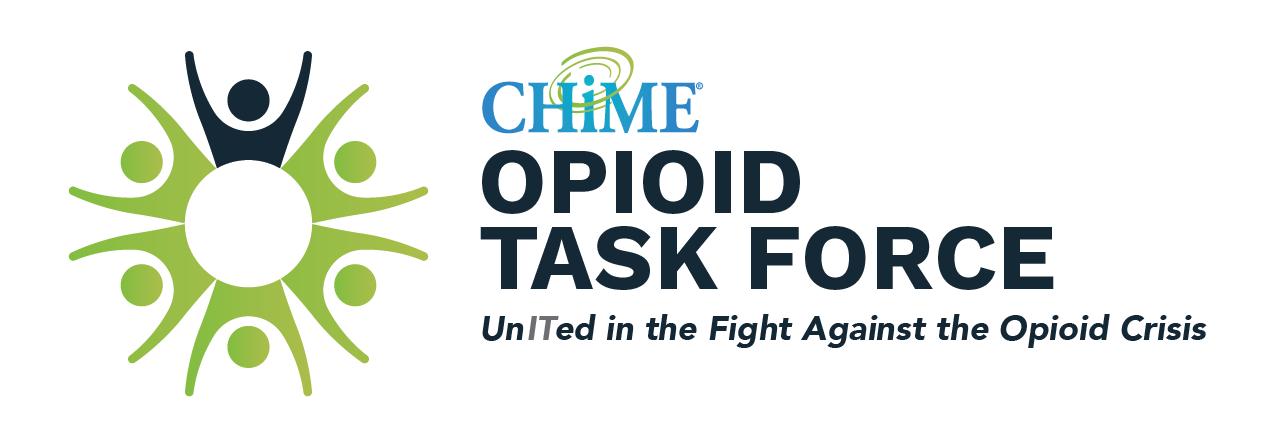PROACT, or the Provider Response Organization for Addiction Care and Treatment, is a community collaborative established in Huntington, W. Va., to fill gaps in care for people with substance abuse disorder (SUD). PROACT partnered in 2009 with Valley Health to offer medication-assisted treatment to the region. Over the decade, numerous complementary programs (including Lily’s Place, detailed earlier) formed to address aspects of the opioid crisis. Realizing the need for a comprehensive approach, healthcare organizations collaborated to address SUD’s clinical, behavioral and spiritual issues. Cabell Huntington Hospital, Marshall Health and St. Mary’s Medical Center became PROACT’s founding partners in April 2018 and Thomas Health System and Valley Health came on board after that.
PROACT offers the following services to treat substance use disorder and help individuals achieve long-term recovery:
- Clinical assessments
- Medication-assisted treatment
- Peer recovery supports
- Individual and group therapy
- Career placement and career readiness training
- Spiritual care
- On-site pharmacy
Today Proact serves as a centralized resource for SUD treatment, recovery, therapy, education, research and support. PROACT unveiled its first facility in Huntington in October 2018 in a renovated CVS Pharmacy. Its reach includes the Charleston-Huntington region and other parts of the state using telemedicine capabilities. It is seen as a model that can be adapted to meet the needs of other communities.
CHIME members interviewed PROACT Director Michael Haney for this chapter. Below are his answers to our questions:
Q.: When did you start your engagement with collaborating with other agencies, organizations or departments?
The different partners involved in PROACT began discussing the project in 2017. Marshall Health, Cabell Huntington Hospital and St. Mary’s Medical Center were the initial partners and they formed the original board and filed for incorporation in February 2018. Valley Health and Thomas Health were involved in discussions shortly thereafter but were not made official members of the PROACT Board until just prior to the opening of the Huntington PROACT location.
Q: Please describe IT’s role in the collaboration or any tools or products that were used to help with the collaboration?
IT played an incredibly important role in the creation of PROACT and continues to play one today. One of the more challenging parts of this collaboration has been the integration of two separate clinics into one site. PROACT is occupied by both Marshall Health and Valley Health, existing side-by-side, sharing staff and resources. That said, however, both entities maintain separate electronic health records that don’t interface with each other, necessitating scanning in order to incorporate documents from one service into the records of the other. Also, as PROACT exists off-site from their respective servers housing both EHRs, communicating with the servers has been an issue.
The original concept of PROACT called for the majority of the billing to be done through Valley Health and so it was their equipment that we decided to utilize. Unfortunately, after installation problems became apparent as Valley utilizes a “thin client” system, which makes it difficult to interact with Marshall systems as we essentially use an app to communicate with another app in order to gain access to Marshall’s EHR. It also causes a restriction to even such simple resources as Microsoft Office. IT has played an important role in helping us navigate these issues as electronic communication is the norm now rather than a luxury.
Q.: Did you have challenges gaining buy-in from all of the stakeholders? If so, how did you overcome those challenges?
The really incredible thing about this process was how cooperative and excited all the stakeholders were from the beginning. The only challenges have come from simply defining the scope of work for each of the partners involved and how the partnership would be structured.
